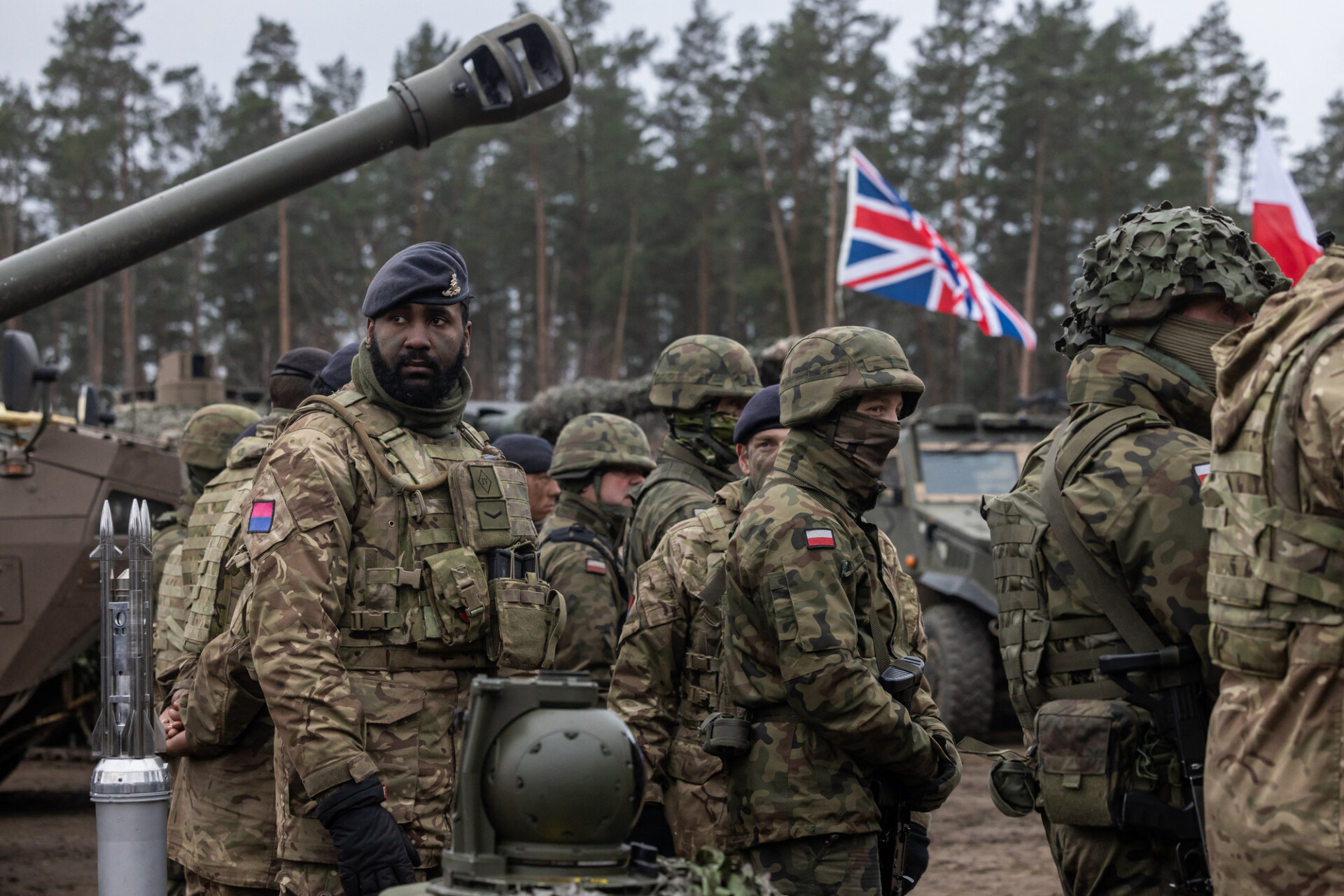The recruitment crisis in the Armed Forces has reached new heights (or rather depths). For whatever our previous difficulties in recruiting adequate numbers of soldiers, sailors, and airmen, Britain has to date at least been able to find someone to be in overall charge of things.
No longer, apparently. General Sir Gwyn Jenkins, a former Royal Marine and the leading candidate, faces questions over his knowledge of alleged summary executions by special forces troops in Afghanistan. Meanwhile Admiral Sir Ben Key, the other most obvious candidate, isn’t planning to apply: he’s said he “can’t fix the Navy” given resource constraints and is apparently going to resign next year. The Government is therefore casting about for old hands.
We may thus soon be graced with the absurd sight of General Sir Nick Carter — Britain’s very own Comical Ali, bigging up the heroic Afghan resistance to the Taliban even as it failed to materialise — being called back to service, like Cincinnatus from his plough. More serious than vacuous PR blunders, Carter is also heavily implicated in much of the gross mismanagement of the military in recent decades.
General Sir Patrick Sanders, a former head of the Army, seems a more sensible choice, if only because he’s been very frank about the extremely challenging circumstances facing it. But while such honesty is an essential first step towards finding a solution (and more than some of his peers can manage), it is not enough.
British commanders operate within two hard constraints. The first is that grand strategy (or if that flatters the politicians too much, grand ambitions) is set by the elected government. The second is that so too are the resources assigned to the military to meet those various ambitions.
The core problem is that, as in so many other areas in modern Britain, there is a wide and growing gulf between what the politicians expect the military to be able to do and the means they provide to do it. Decades of steep cuts since the end of the Cold War have not been accompanied by any clear-eyed re-assessment of what role we want the Armed Forces to play.
A nation that spent a 1980s share of GDP on defence could maintain a strong blue-water navy and a capable, albeit expeditionary rather than mass, army. A country spending what we spend today could possibly do one of the two.
But we refused to make the choice, and so now we can do neither. On paper we have an impressive two-carrier navy; in practice, we can’t field an independent carrier group, less than half our ships are operational at any one time, and we’re divesting of critical capabilities such as marine amphibious assault ships.
The Army is in an equally poor state, beset by hiring shortfalls and grossly mismanaged procurement. But its situation is made worse by the changing strategic situation. Traditionally, the UK has operated a relatively small “expeditionary”-style army, capable of global deployment and (relatively) well suited to decisive wars against inferior opponents, such as Saddam Hussein’s Iraq.
Yet following the onset of the Russo-Ukrainian war and Donald Trump’s vocal scepticism of Nato, Europe is having to face the prospect of large-scale conventional warfare between peer militaries — a prospect for which we are neither materially nor psychologically equipped.
Whoever ends up becoming the next Chief of the Defence Staff will have an impossible job, because the most important decision for their tenure has already been taken. The previous government had earmarked around £20 billion in real terms, over six years, to boost defence spending; Rachel Reeves cancelled it.











Join the discussion
Join like minded readers that support our journalism by becoming a paid subscriber
To join the discussion in the comments, become a paid subscriber.
Join like minded readers that support our journalism, read unlimited articles and enjoy other subscriber-only benefits.
Subscribe